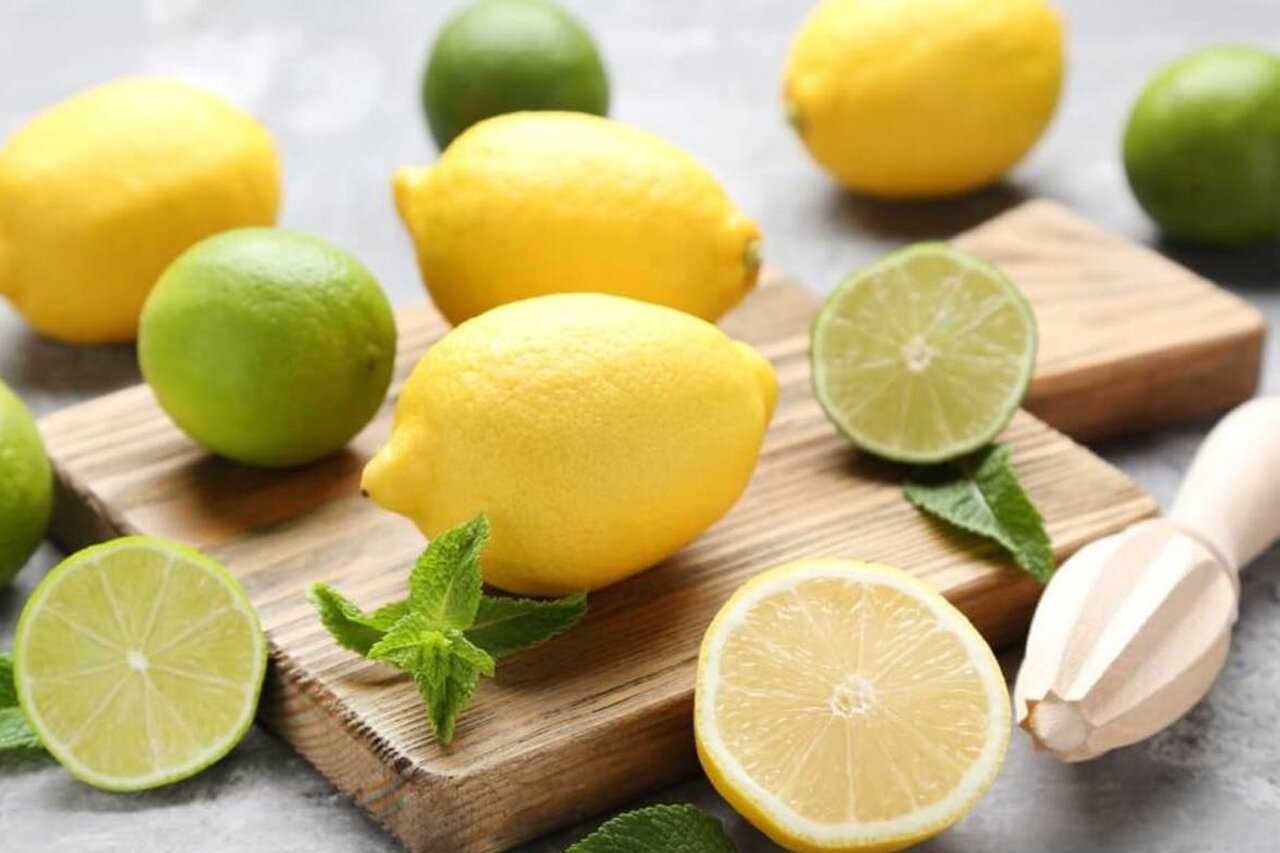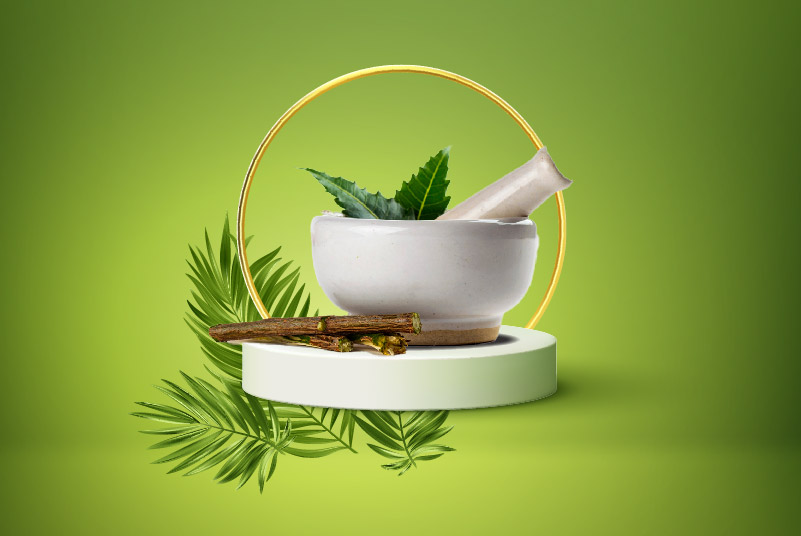Recently, I spoke with a friend who was struggling with anxiety, especially around driving, due to the pandemic. They were looking for something simple and natural to ease their anxiety and allow them to feel more present in their life.
Vata-Balancing Products
Shop Now
During the conversation, my friend casually mentioned they planned to buy some sour candy after seeing a video or article suggesting it might help calm the mind during moments of panic. They wondered if it would work.
This caught my attention immediately. I love when modern science and the collective curiosity of today align with the wisdom Ayurveda has been offering for thousands of years.
While Ayurveda wouldn’t suggest processed candy to treat anxiety, it does recommend using certain tastes as medicine to help with physical and mental challenges.
In Ayurveda, the sour taste is known to balance vata dosha. Vata represents the wind element within us. When our internal “winds” become unbalanced, feelings of anxiety, worry, or overwhelm can arise.
The pandemic has stirred up collective fear and anxiety, and many of us are still working through these emotions. Those with vata as their primary dosha may be struggling the most.
Still curious about how sour tastes fit in? Let’s explore what Ayurveda says, followed by a look at some modern scientific studies that align with this ancient perspective.
The Ayurvedic View on the Sour Taste
Ayurveda teaches that the sour taste (amla rasa) carries both moistening and warming qualities. Consider how sour candy moistens your mouth with increased salivation, or how lemon juice has a warming, acidic quality when used in dishes like ceviche.
These qualities help give the sour taste a grounding effect, which can calm the busy winds of the mind, helping to steady anxious thoughts. Its moistening and somewhat oily nature makes it particularly balancing for vata dosha, helping to counteract excess wind in the body and mind that may lead to anxiety.
The sour taste is believed to enhance clarity, mental sharpness, and revitalization—traits that can help someone manage a sudden feeling of panic. Additionally, The Ayurveda Encyclopedia describes the sour taste as beneficial for digestion, relieving gas, thirst, and supporting circulation and elimination.
When consumed in excess, however, the sour taste may aggravate pitta or kapha doshas due to its heating and oily nature.
Ayurveda advises that all six tastes (sweet, sour, salty, bitter, pungent, and astringent) should be included in every meal. However, those dealing with vata-related imbalances may find it beneficial to increase their intake of sour, sweet, and salty tastes.
Modern Trends and Scientific Research
The idea of using sour candy to alleviate panic attacks has recently gained popularity on platforms like TikTok and in popular media.
But what does modern science say about this?
Not much—yet! However, early research shows promise. For example, a 2006 study in The Journal of Neuroscience found a direct link between anxiety levels and taste perception, showing that taste can influence the nervous system and mental state.
A 2018 review of nine clinical studies also found that even inhaling sour citrus essential oils can have a calming effect on anxiety. Since smell and taste are closely linked, could tasting sour substances have a similar effect? Ayurveda believes it can.
Although there is limited research on this topic, many experts agree that the sour taste can help alleviate anxious thoughts. One theory is that the intense sensory experience of sourness on the tongue may redirect attention to the present moment, disrupting the cycle of panic-inducing thoughts.
This theory is supported by Ayurveda, which states that the sour taste “awakens the mind and senses.” When the mind and senses are focused on the present, concerns about the past or future naturally recede.
Many grounding practices support this by using the senses to redirect attention and create distance from distressing thoughts, helping us remain in the present moment.
Incorporating the Sour Taste Into Your Life
If you’re interested in exploring the sour taste, you don’t need to turn to candy with artificial ingredients. Instead, try adding naturally sour foods and herbs to your diet.
Pick up some citrus fruits, tomatoes, or pickled vegetables on your next grocery trip. Yogurt and other mildly fermented foods also have a sour quality. Herbal remedies like triphala, amla, and chyavanprash, as well as culinary herbs like tamarind, are great options too.
While lemon juice or a small amount of triphala on your tongue can offer a quick fix in moments of panic, Ayurveda recommends incorporating the sour taste into your daily meals to help prevent anxiety. By balancing vata with diet and lifestyle, the cycle of anxious thoughts can be less likely to occur in the first place.
Other vata-balancing herbal blends, like Stress Ease and Adrenal Nourish, can be helpful in supporting overall calm. I always keep them with me for extra grounding throughout my day.
Other Ayurvedic Tips for Cultivating Calm
Whenever life feels overwhelming, I turn back to the simplicity of Ayurveda. It empowers us to understand our bodies and unlock the transformative potential of small, conscious dietary and lifestyle changes.
While modern science is still catching up to many of these ancient practices, you don’t need scientific validation to know what feels good for your body. If you’re experiencing vata imbalances causing anxiety, adding more sour taste to your routine could be a great place to start. I personally start my day with warm lemon or lime water, which not only kickstarts my digestion but also helps balance my vata and center me for the day.
As you establish this practice, you might be inspired to explore other vata-soothing methods, like abhyanga (Ayurvedic self-massage), nasya, or legs-up-the-wall pose.
These simple habits can help ground excess vata and bring a sense of peace to your life. One of the joys of Ayurveda is that the more we learn, the more it helps us understand exactly what our bodies need, both day-to-day and moment-by-moment.






